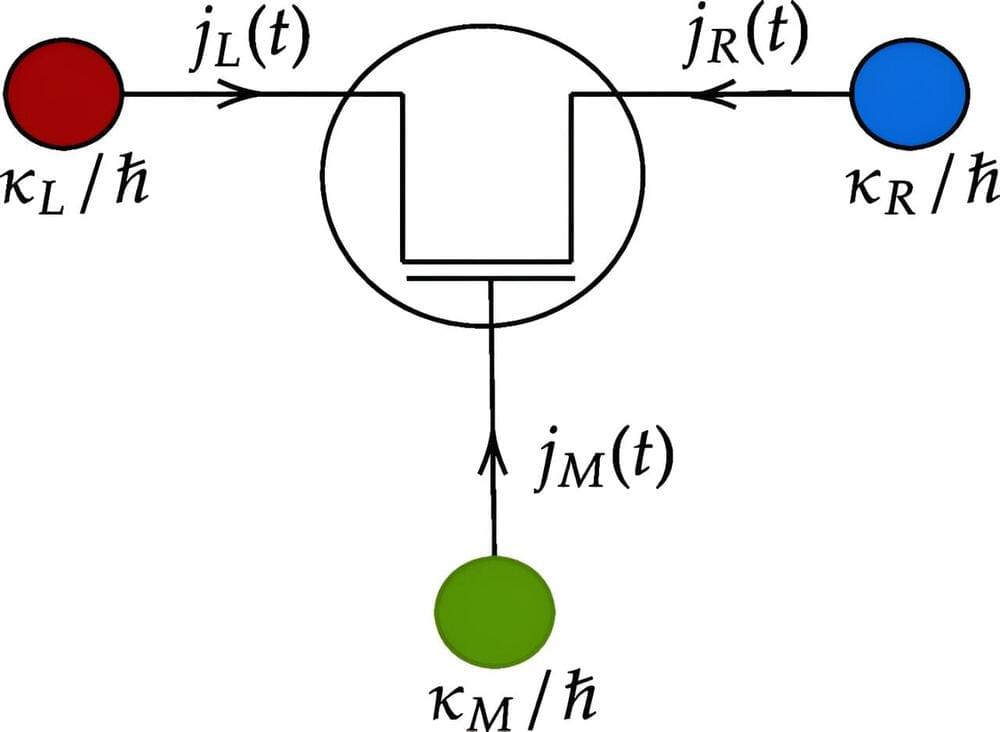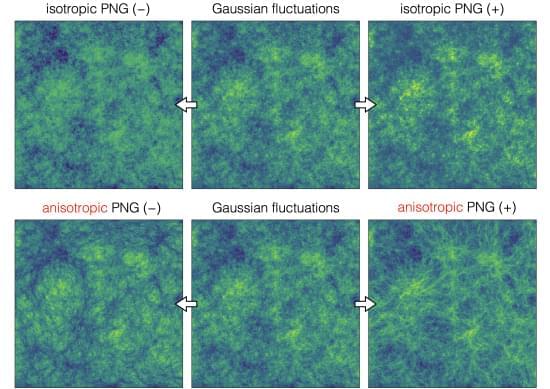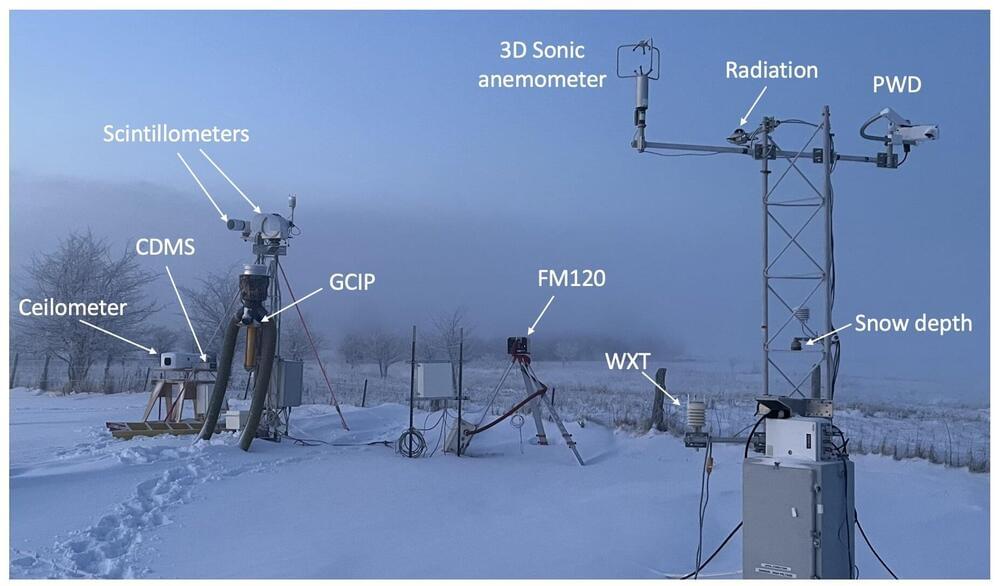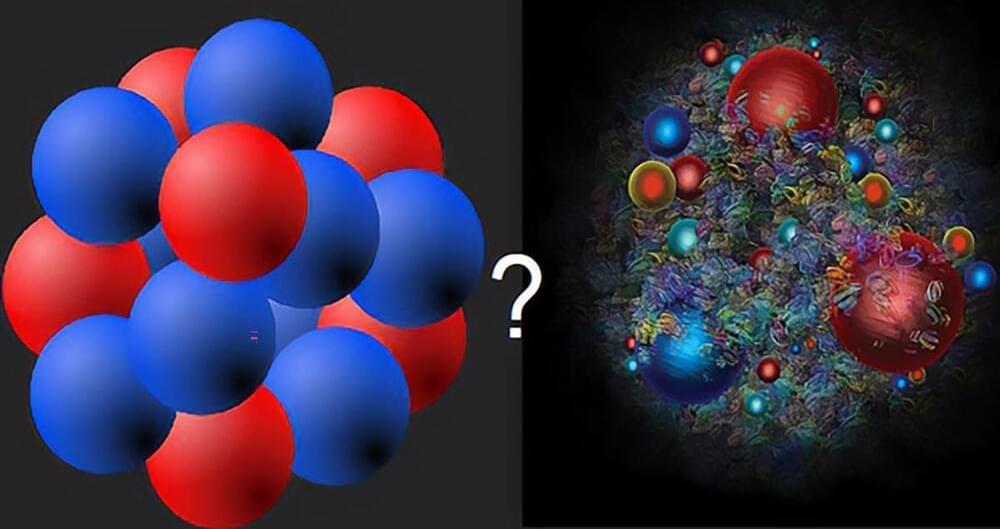A team of researchers has analyzed more than one million galaxies to explore the origin of the present-day cosmic structures, reports a recent study published in Physical Review D as an Editors’ Suggestion.
Until today, precise observations and analyses of the cosmic microwave background (CMB) and large-scale structure (LSS) have led to the establishment of the standard framework of the universe, the so-called ΛCDM model, where cold dark matter (CDM) and dark energy (the cosmological constant, Λ) are significant characteristics.
This model suggests that primordial fluctuations were generated at the beginning of the universe, or in the early universe, which acted as triggers, leading to the creation of all things in the universe including stars, galaxies, galaxy clusters, and their spatial distribution throughout space. Although they are very small when generated, fluctuations grow with time due to the gravitational pulling force, eventually forming a dense region of dark matter, or a halo. Then, different halos repeatedly collided and merged with one another, leading to the formation of celestial objects such as galaxies.








